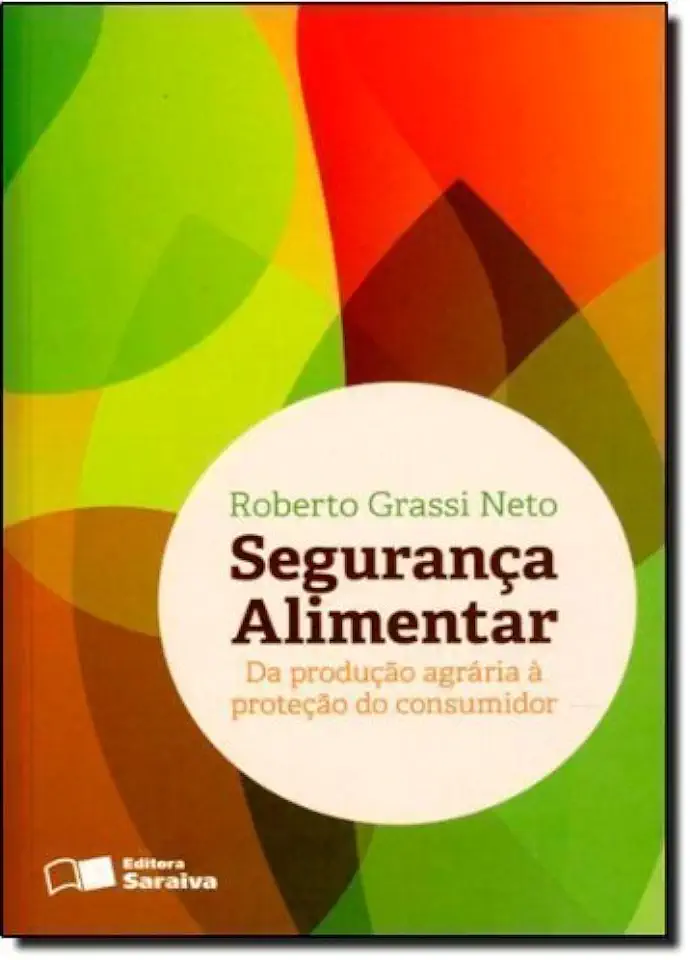
Agricultural Trade and the Environment in Latin America - Peter H. May
Agricultural Trade and the Environment in Latin America: A Comprehensive Analysis
Introduction
In the book "Agricultural Trade and the Environment in Latin America," Peter H. May provides a comprehensive analysis of the complex relationship between agricultural trade and the environment in Latin America. Drawing upon extensive research and case studies, May argues that while agricultural trade can bring economic benefits to the region, it can also have significant negative impacts on the environment.
Key Findings
May's research reveals several key findings regarding the relationship between agricultural trade and the environment in Latin America:
Increased agricultural trade has led to increased deforestation and land degradation. As countries expand their agricultural production to meet global demand, they often clear forests and convert natural habitats into farmland. This can lead to soil erosion, loss of biodiversity, and increased greenhouse gas emissions.
The use of pesticides and fertilizers has polluted water resources and harmed human health. The intensive use of pesticides and fertilizers in agricultural production has contaminated rivers, lakes, and groundwater, posing risks to human health and aquatic ecosystems.
Agricultural trade policies have often favored large-scale producers at the expense of small-scale farmers. Trade policies that promote the expansion of large-scale agribusinesses have often marginalized small-scale farmers, who are less able to compete in the global market. This can lead to increased poverty and inequality in rural areas.
Policy Recommendations
Based on his findings, May proposes several policy recommendations to mitigate the negative environmental impacts of agricultural trade in Latin America:
Promote sustainable agricultural practices. Governments should support farmers in adopting sustainable agricultural practices that reduce the use of pesticides and fertilizers, conserve soil and water resources, and protect biodiversity.
Strengthen environmental regulations. Governments should enforce environmental regulations to limit deforestation, land degradation, and water pollution caused by agricultural activities.
Support small-scale farmers. Governments should implement policies that support small-scale farmers, such as providing access to credit, training, and markets. This can help to reduce poverty and inequality in rural areas and promote more sustainable agricultural practices.
Conclusion
"Agricultural Trade and the Environment in Latin America" is a valuable resource for policymakers, researchers, and anyone interested in understanding the complex relationship between agricultural trade and the environment in Latin America. May's comprehensive analysis provides a clear and compelling case for the need to adopt sustainable agricultural practices and policies to protect the environment and promote sustainable development in the region.
Call to Action
If you are concerned about the environmental impacts of agricultural trade in Latin America, there are several things you can do to help:
Support organizations that are working to promote sustainable agriculture. Many organizations are working to promote sustainable agriculture in Latin America. You can support their work by donating money, volunteering your time, or spreading the word about their cause.
Buy local produce whenever possible. Buying local produce helps to reduce the environmental impacts of agricultural trade by supporting farmers who are located closer to consumers.
Advocate for policies that support sustainable agriculture. Contact your elected officials and let them know that you support policies that promote sustainable agriculture and protect the environment.
Enjoyed the summary? Discover all the details and take your reading to the next level — [click here to view the book on Amazon!]